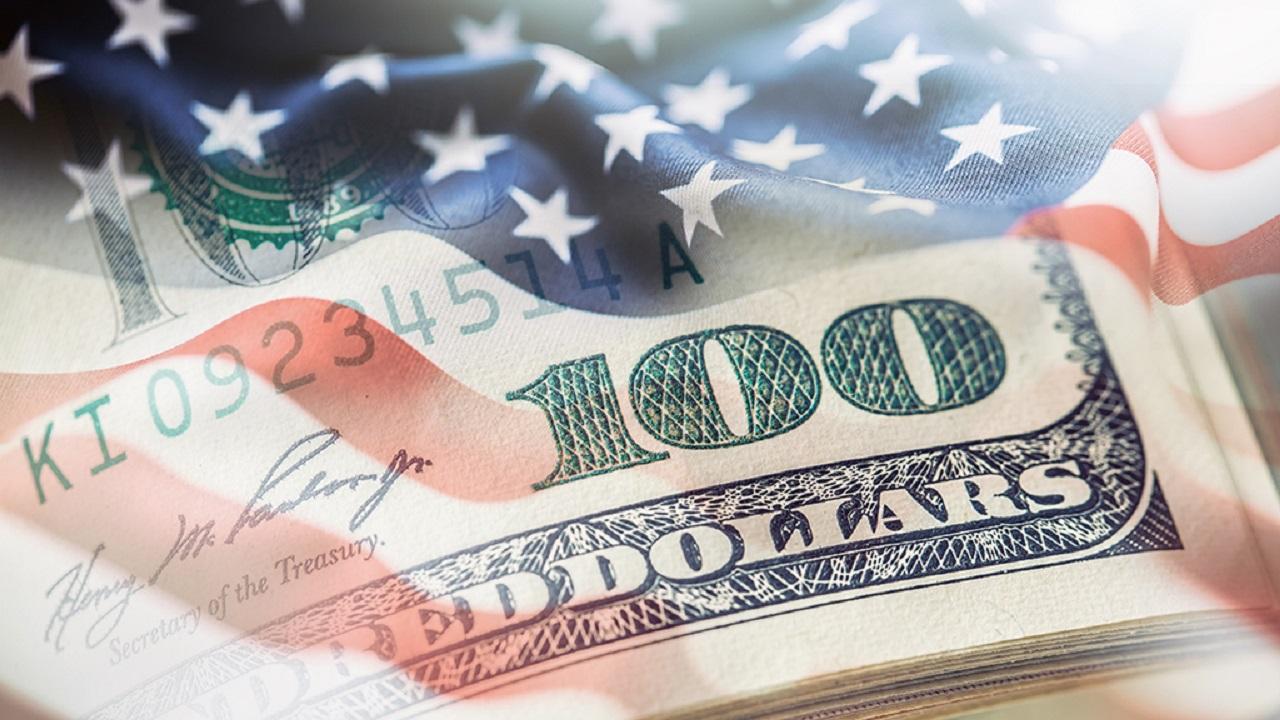Coronavirus economic relief measures: What you need to know
How the government's massive stimulus efforts affect you and your family
Get all the latest news on coronavirus and more delivered daily to your inbox. Sign up here.
With efforts underway to prevent the further spread of coronavirus in the U.S., which now has more cases than any other country, many Americans have found their financial situations seriously affected.
The federal government recently approved a massive, multitrillion-dollar stimulus package with a slew of programs designed to provide resources to everyday Americans – many of whom have found themselves without jobs, or with reduced hours, as a result of measures that have been implemented to limit human-to-human contact.
So what exactly does the massive stimulus bill mean for you?
CORONAVIRUS STIMULUS CHECKS: WHO GETS MONEY AND WHEN?
Here’s a look at some of the big provisions that could be applicable to your personal situation.
How much will checks be for?
The payments will be $1,200 per adult for those with adjusted gross incomes of up to $75,000. The threshold for married couples is $150,000 – they are eligible for $2,400 and $500 per child.
NEED CORONAVIRUS CASH RELIEF NOW? HOW YOUR 401(K) CAN HELP
The phase-out rate is $5 for every $100 above the threshold.
What is the cut off threshold?
The benefit phases out entirely for those earning more than $99,000 ($146,500 for heads of household with one child and $198,000 for joint filers without children).
Who is eligible?
In order to receive the benefit, an individual must have a work-eligible Social Security number. He or she cannot be the dependent of another taxpayer.
The relief applies to both people without incomes and those whose sole income is derived from a benefit program, like Social Security.
What do you need to do?
The IRS is administering the program and will determine eligibility based on your 2019 tax return. If that has not been filed, the agency will look at your 2018 paperwork. That includes individuals who file returns for the Earned Income Tax Credit but do not otherwise pay taxes.
The individual is not expected to need to take any action.
What if you are not required to file tax returns?
If you are part of a group that does not typically file tax returns, the agency will soon provide details on how to give it the required information.
However, if you are a Social Security recipient who does not file tax returns, the IRS said it will automatically send your payments using information from other forms on file.
What if you have not filed 2018 or 2019 returns?
If you have not filed for either 2018 or 2019 (and you were supposed to), the IRS is urging you to do so as soon as possible in order to receive the payment. The money will be available throughout the remainder of 2020.
Will I owe taxes on the money?
No.
When will the checks arrive?
Treasury Secretary Steven Mnuchin said on Thursday that people can expect to receive their checks in two weeks – which is when the direct deposits will go into people’s accounts.It is believed that a check in the mail could take a bit longer.
What if I don’t want to wait for my check in the mail?
If the agency does not have your direct deposit information, the Treasury Department is working on a web-based portal for individuals to provide it so you can receive the checks immediately rather than waiting for it in the mail.
How will I know if the IRS sent me money?
About 15 days after the payment is made, the taxpayer will get a notice in the mail explaining the payment and providing a phone number to call if it was not received.
CLICK HERE TO READ MORE ON FOX BUSINESS
How much additional benefit is the government providing?
Eligible Americans, who are out of work entirely or underemployed because of reasons related to coronavirus, can receive an additional $600 per week for as many as four months.
What will that mean for my overall check?
Baseline benefits vary by state, but the average benefit is around $364.
How long will coverage last?
The stimulus package provides for an additional 13 weeks offered by the federal government after state benefits are no longer available through the Emergency Unemployment Compensation program. That means for a state with 26 weeks of coverage, the total would be extended to 39 weeks.
Who is eligible?
In addition to those out of work or underemployed for a wide variety of coronavirus-related reasons, benefits will be expanded to the self-employed, independent contractors, gig workers and others – through a new Pandemic Unemployment Assistance program. This would provide as many as 39 weeks’ worth of benefits to workers who wouldn’t traditionally qualify, but have found themselves out of work, unable to work or with reduced hours as a result of the coronavirus outbreak.
Who is not eligible?
People receiving paid sick leave or paid family leave are not eligible.
What if I’m already receiving benefits?
You are eligible for the expanded program.
Will I be disqualified from other programs?
You could potentially test out of other programs since the extra $600 will count toward income.
GET FOX BUSINESS ON THE GO BY CLICKING HERE
Can I withdraw money from my retirement account?
Yes. People can take up to $100,000 from their 401(k) retirement stash without being subject to the 10 percent penalty – so long as the funds are used for coronavirus-related financial needs.
What’s an example of an acceptable use?
An acceptable use of the funds would be for a furloughed worker to put it toward his or her mortgage payments.
Is that withdrawal subject to taxes?
Yes.
Other
For small business relief, click here.
For mortgage payment tips, click here.
For state tax deadlines, click here.
For health insurance tips, click here.
For self-employed tips, click here.




















